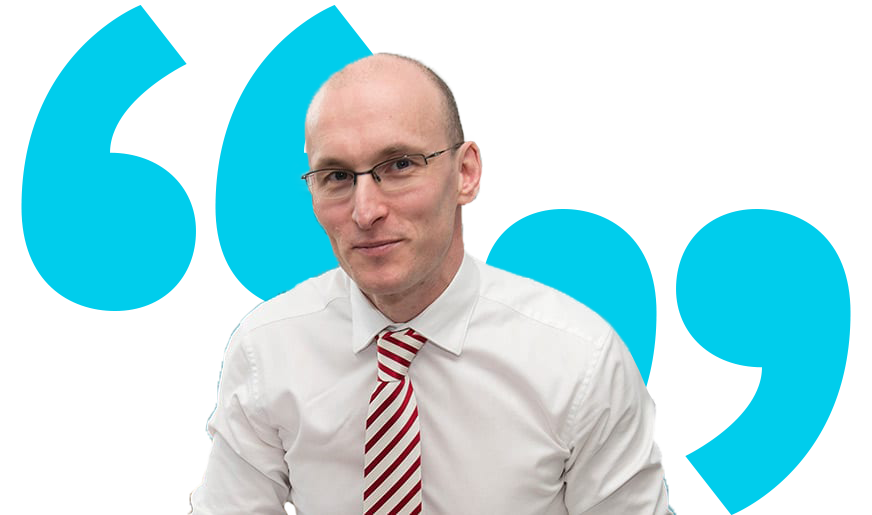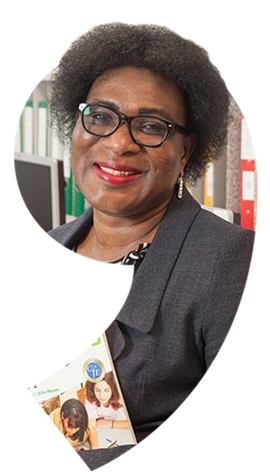What being a Computing teacher covers:
- Organising and setting lessons
- Monitoring the progress of pupils, through coursework and homework
- Working with pupils to guide their development and share that progress with parents and caregivers
- Planning, supervising and leading study trips.
Take that next step into Computing
It’s a career choice that comes with a good starting salary and great opportunities for progression. To begin your journey, you need to have a four-year degree that combines education with Business Studies and Computing Science (or Computing Science and Maths). Or you need to have completed a one-year Computing PGDE course following an undergraduate degree. And if these options don’t quite work for your circumstances, there are some alternative routes to consider.
This subject, as with others in the Curriculum for Excellence, can be delivered through Gaelic Medium Education. There are lots of benefits to teaching in Gaelic and we have more information about how to take this route into teaching.
Four-year university course in education
For the four-year combined degree and other undergraduate degree programmes you must have at least:
- English and two other National Qualifications at SCQF Level 6 (Higher) and
- Mathematics and one other subject at SCQF Level 5 (or an accepted alternative, for example, National 5, Credit Standard Grade or Intermediate 2).
Check the entry requirements with the course provider.
Universities you can study in
PGDE university courses
Here are the universities you can study for a PGDE in Computing at secondary level. Entry requirements vary so it’s best to check with the course provider for the most up-to-date information.
The University of the Highlands and Islands and University of Strathclyde also offer a pathway into Gaelic Medium Education. Find out more about the opportunities and benefits of teaching in Gaelic.
Universities you can study in
Alternate routes into teaching
This route offers a little more flexibility in order to encourage diversity in the profession:
University of Edinburgh – MSc in Transformative Learning and Teaching is a two-year programme. Graduates from this programme achieve a full master’s degree, together with a teaching qualification that allows individuals to work across the primary/secondary transition.



